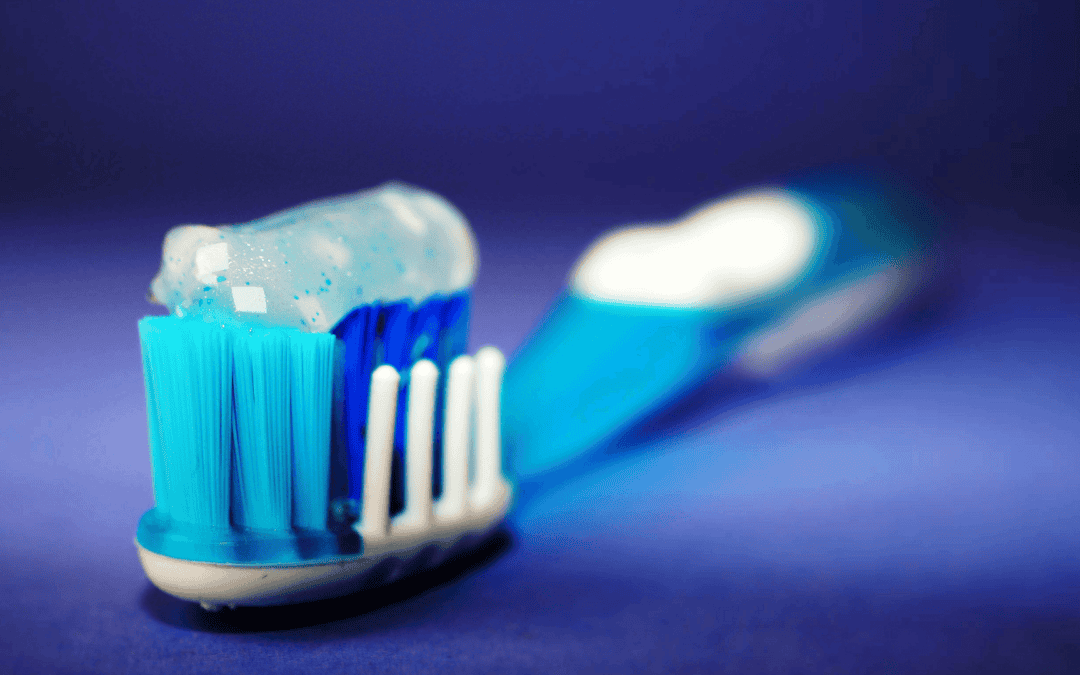Oral hygiene involves several practices that keep the mouth clean and free from harmful bacteria. Key practices include brushing the teeth twice daily, flossing regularly, and using mouthwash. These habits help prevent tooth decay, gum disease, and bad breath.
Healthy oral practices extend beyond just maintaining a bright smile, however. They play a critical role in preventing the buildup of bacteria and plaque, which can impact one’s overall health, including the throat.
Common Throat Issues Linked to Poor Oral Hygiene
A sore throat can be a direct result of poor oral hygiene. When bacteria accumulate in the mouth, they can move to the throat, causing irritation, inflammation, and pain. This discomfort often leads people to seek medication, but preventive measures might be a better long-term solution.
Tonsillitis, or inflammation of the tonsils, can arise from the spread of bacteria from poor oral care. Tonsils act as filters, trapping bacteria and viruses that enter the mouth. When overwhelmed by excessive bacteria, they become inflamed, swollen, and painful. Regular oral hygiene can reduce the amount of harmful bacteria, potentially preventing tonsillitis.
Pharyngitis, an inflammation of the pharynx or throat area, is another condition linked to poor oral hygiene. Similar to tonsillitis, it can result from the spread of bacteria originating in an unclean mouth. Symptoms include pain, redness, and difficulty swallowing, often requiring medical intervention from an ENT.
Benefits of Good Oral Hygiene
Consistent oral hygiene reduces the number of harmful bacteria in the mouth. By brushing, flossing, and using mouthwash, bacterial levels decrease, making it much harder for them to travel to the throat and cause infections.
Good oral care can prevent chronic throat conditions. Regular dental practices help maintain a healthier mouth environment, lowering the risk of long-term throat problems. This proactive approach is more effective than treating issues after they arise.
Good oral hygiene also promotes one’s overall well-being. When the mouth is healthy, the body’s immune system isn’t overburdened by constant bacterial threats. This leaves the body more robust and better equipped to fight off other infections, contributing to better overall health.
Practical Tips for Maintaining Oral and Throat Health
Teeth should be brushed twice a day and flossed daily. This routine effectively removes food particles and plaque that harbor bacteria. Use a soft-bristled toothbrush and fluoride toothpaste for the best results.
Mouthwash can provide an added layer of protection by reaching areas that brushing and flossing might miss. Choose an antibacterial mouthwash to reduce bacterial levels in the mouth and throat.
Drinking plenty of water also helps flush out bacteria from the mouth and throat. Staying hydrated keeps mucous membranes moist, which supports the body’s natural defenses against infections.

